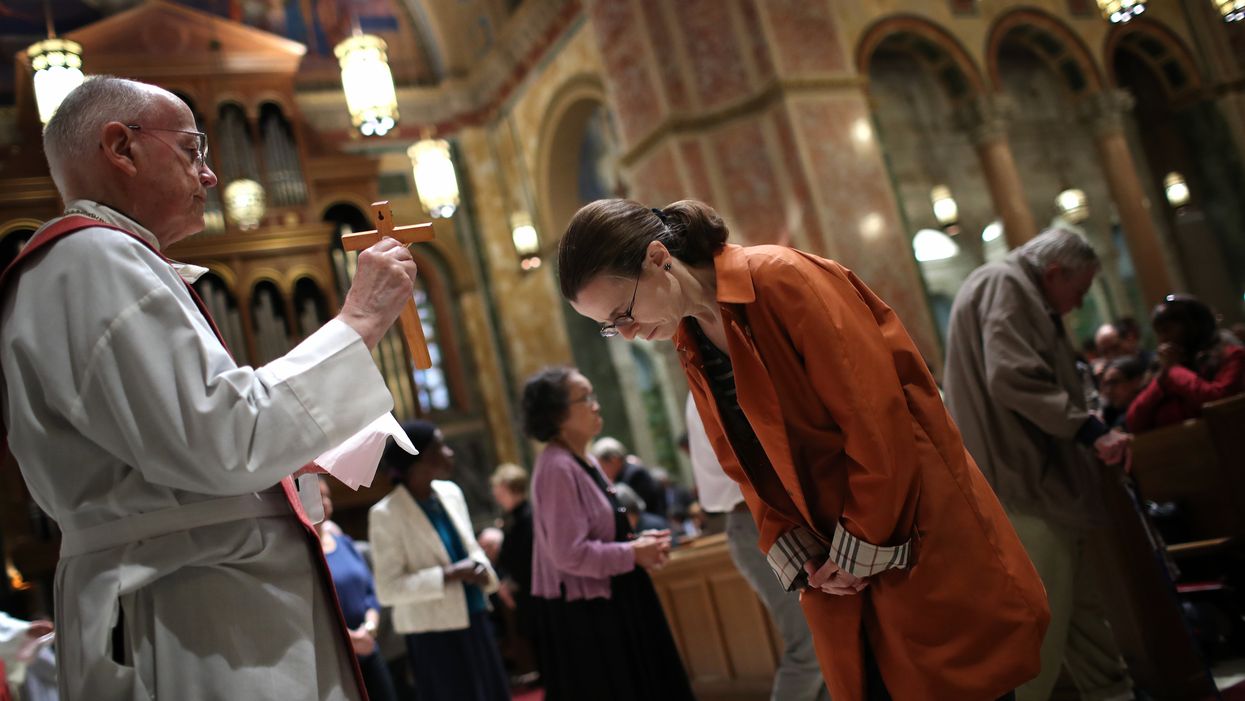
Win McNamee/Getty Images

The new regulations should make it easier for federal employees to observe their religions
The Trump administration has changed the rules governing federal employees taking time off for religious observances. These new rules should make it harder for federal employers to arbitrarily refuse to approve religious leave.
The Office of Personnel Management has issued new rules regarding federal employees who request time off for religious observance.
Former Presidents George W. Bush and Barack Obama tried unsuccessfully to implement similar policy updates.
In a memo announcing the new regulations, OPM Acting Director Margaret Weichert said that the clarifications in the new rules would "help agencies to become careful stewards of taxpayer dollars." She also said the new rules would "serve to highlight an important flexibility that can be used to help agencies recruit and retain employees that want to attend religious observances,"
Some of these guidelines, including allowing employees to make up time spent on religious leave with overtime work, had already been in practice, but OPM decided that they needed to be further clarified.
Under the new rules, employers will have to put in writing why they denied requests for religious time off. Employees will also have to write down the "name and/or description" of the religious event that requires them to take off of work. This, OPM argued, "will balance the religious needs of the employee with the agency's ability to accomplish its mission." Employees can then make up the time they took off for their religious observance.
Notably, federal employees who apply for time off don't need to list a religious reason in line with any particular religious group. Instead, these decisions can be left up to the employee's personal conviction.
"It is sufficient that the employee's sincerely held personal religious beliefs cause the employee to feel an obligation that he or she should be absent from work for a religious purpose," Weichert noted.
It also slightly changed the definition of overtime to make religious leave more accessible to employees who may not get paid for additional hours of work.
The new rules will take effect on May 29.